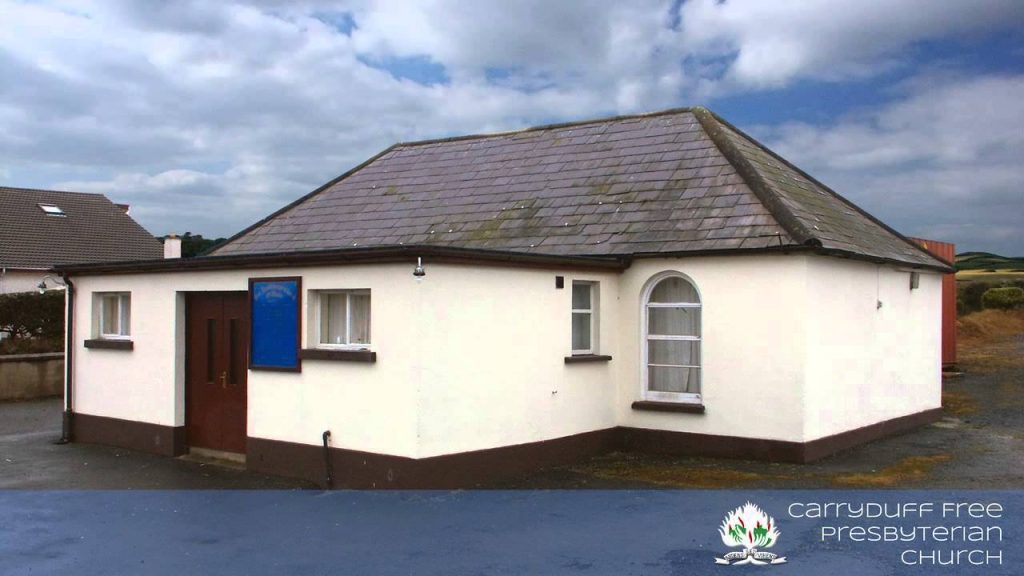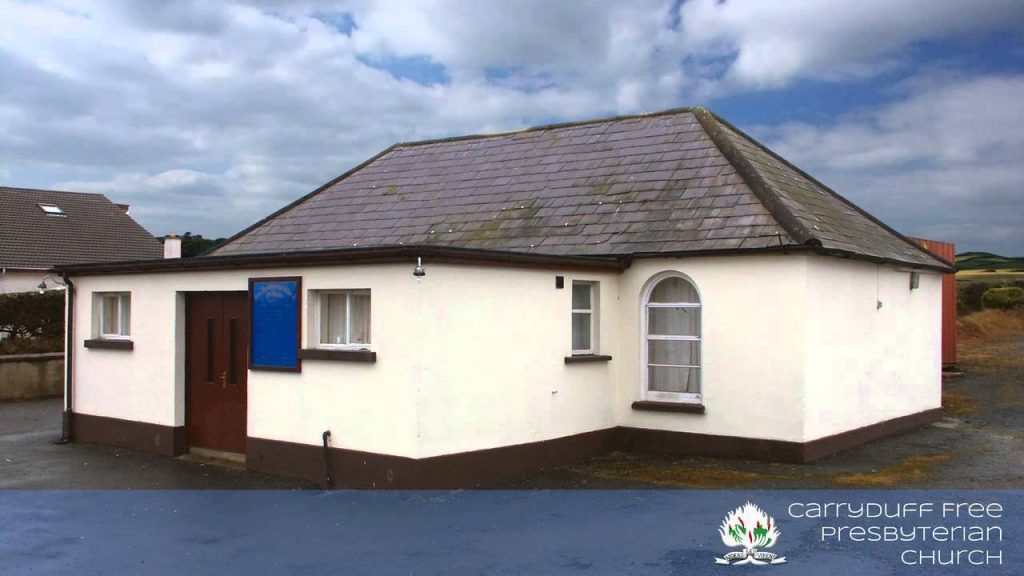Table of Contents
Date: SUN 7:00pm 5th October 2025
Preacher: Rev. David McLaughlin
Bible Reference: Revelation 2:10
Fear none of those things which thou shalt suffer: behold, the devil shall cast some of you into prison, that ye may be tried; and ye shall have tribulation ten days: be thou faithful unto death, and I will give thee a crown of life.
Summary of the Sermon on William Tyndale and Revelation 2:8–11
The sermon, delivered in a church setting, opens with a reading from Revelation 2:8–11, taken from the King James Bible. The passage addresses the church in Smyrna, commending its faithfulness despite tribulation, poverty, and persecution, and encouraging steadfastness unto death with the promise of a “crown of life” for those who overcome. The preacher highlights verse 10, “Be thou faithful unto death, and I will give thee a crown of life,” as the central text, using it as a lens to explore the life and legacy of William Tyndale, described as the “father of the English Bible.”
William Tyndale: The Man
The sermon introduces William Tyndale, born in 1494 in Gloucestershire, England, near the Welsh border, to a wealthy landowner. Tyndale’s life, spanning just 42 years until his martyrdom on 6 October 1536, is presented as a divinely ordained journey, marked by salvation, service, and self-sacrifice. The preacher draws a parallel to the congregation’s own lives, urging them to reflect on their spiritual state and service to God, referencing Acts 17:26–28 to underscore God’s sovereignty over human life and purpose. Tyndale’s faith and dedication are highlighted as exemplary, encouraging listeners to live for God’s glory, as Tyndale did.
The Context of Tyndale’s Life
The sermon paints a vivid picture of 15th- and 16th-century England, describing it as a time of profound spiritual darkness dominated by Roman Catholicism. Gloucestershire, Tyndale’s birthplace, was a centre of priestcraft and superstition, where the gospel was unknown, and salvation was falsely offered through works, rituals, and penance. The preacher critiques the Roman Catholic system, both historically and in the present, for promoting a works-based salvation contrary to Ephesians 2:8–9, which emphasises salvation by grace through faith. The Bible, available only in Latin and accessible to the elite clergy, was largely withheld from the common people, and translations like John Wycliffe’s were banned. This was the oppressive religious landscape into which Tyndale was born.
The Benefits of Tyndale’s Life
Tyndale’s education and linguistic prowess are detailed, noting his entry into Magdalene Hall (now Hertford College), Oxford, at age 11 in 1505. He mastered seven languages—Hebrew, Greek, Latin, Spanish, Italian, French, and English—speaking each as fluently as a native. Despite the discouragement of biblical study at Oxford, Tyndale’s immersion in Scripture led to his conversion and a deep commitment to its authority, as per Isaiah 8:20. He began preaching to his peers at Oxford, grounding all truth in Scripture. After earning his BA (1512) and MA (1515), he moved to Cambridge, where he was influenced by the lingering impact of Erasmus and the conversion of Thomas Bilney, who later shared his testimony with Thomas Cranmer, sparking a chain of spiritual influence. Tyndale’s discovery of the “secret of life”—being born again through the Word of God (1 Peter 1:23)—fuelled his passion for Scripture.
Tyndale’s Mission
Tyndale’s burning desire was to translate the Bible into English directly from the original Greek and Hebrew, making it accessible to ordinary people. This mission was provoked during his time as a tutor at Little Sodbury Manor in Gloucestershire (1521), where he debated Catholic clergy who dismissed Scripture as obscure and claimed ecclesiastical authority over it. Tyndale’s bold retort, defying the Pope and vowing to make the Bible accessible to even a ploughboy, encapsulated his mission. Facing opposition and ridicule, he left for London, seeking support from the Bishop of London, Cuthbert Tunstall, who refused to help. Tyndale found refuge with a godly merchant, Humphrey Monmouth, and began his translation work. In 1524, unable to work safely in England, he fled to Europe, never to return.
In Hamburg, Tyndale continued translating the New Testament using Erasmus’ Greek edition (1522). By October 1525, he completed the translation in Cologne, but the printing was disrupted by a betrayer, Johan Dobneck, forcing Tyndale to flee to Worms. There, in a Protestant stronghold, he successfully printed 6,000 copies of the New Testament, which were smuggled into England hidden in cloth bales, flour sacks, and barrels. Despite efforts by Catholic authorities, including Bishop Tunstall, to burn these Bibles, their circulation spread joy and spiritual awakening among the people. Tyndale also translated parts of the Old Testament, and his work influenced subsequent English Bibles, including the Matthew Bible (1537) and the King James Bible (1611), with 90% of the latter’s text attributed to Tyndale.
Tyndale’s Martyrdom
The sermon recounts Tyndale’s betrayal and martyrdom. In Antwerp, he found refuge in the home of Thomas Poyntz, a godly merchant whose house offered legal protection. However, in May 1535, Tyndale was lured out by Henry Phillips, a false friend who orchestrated his arrest. Imprisoned in Vilvoorde Castle, Belgium, for nearly 18 months, Tyndale endured harsh conditions—cold, hunger, and darkness—but remained steadfast. He requested a cap, warmer clothing, and Hebrew study materials, reminiscent of the Apostle Paul’s requests (2 Timothy 4:13). Remarkably, Tyndale led the prison guard and his family to faith. In July 1536, he was condemned as a heretic, defrocked, and handed over for execution. On 6 October 1536, Tyndale was tied to a stake, strangled, and burned. His final prayer, “Lord, open the King of England’s eyes,” was answered within a year when Henry VIII authorised an English Bible for every church under Archbishop Cranmer’s petition.
Tyndale’s Legacy
The sermon concludes by celebrating Tyndale’s enduring legacy, noting that 90% of the King James Bible derives from his translations. His work, stained with his martyr’s blood, transformed England’s spiritual landscape, making the Bible accessible to all. The preacher calls the congregation to emulate Tyndale’s faithfulness, standing firm for Christ in a world of Bible deniers, and to rediscover the power, preciousness, and purity of God’s Word. The sermon ends with a prayer that the church would honour Tyndale’s memory by upholding Scripture’s authority.
Subscribe to the podcast here:
Spotify Podcasts | Apple Podcasts | Pocket Casts
Email | RSS | more information here




